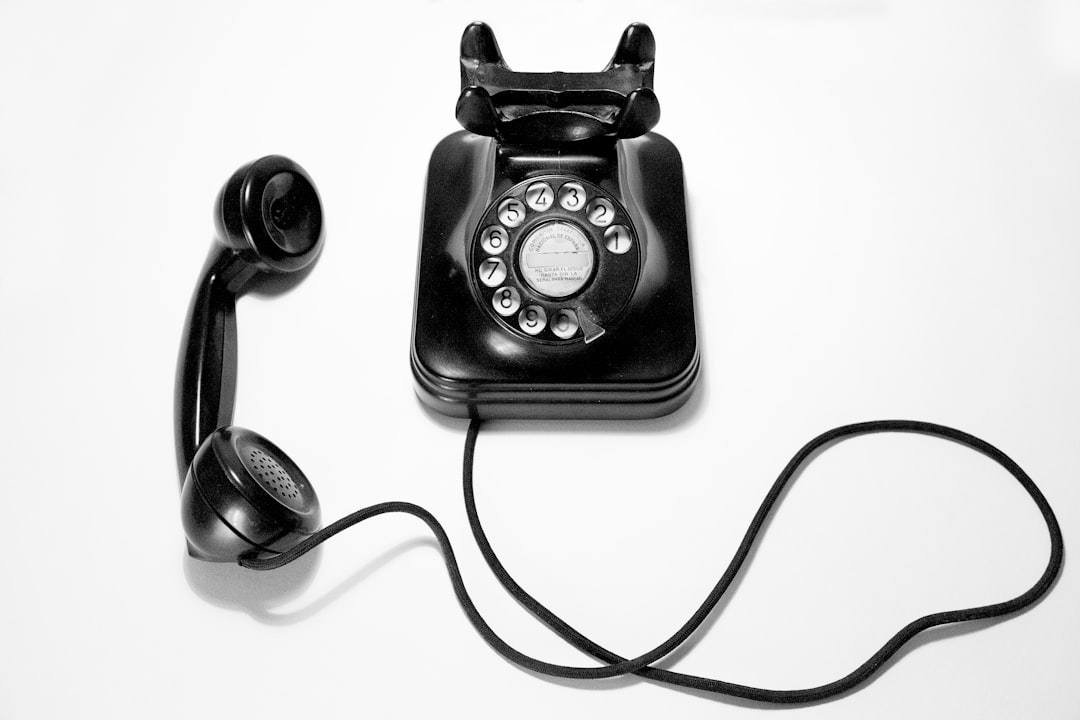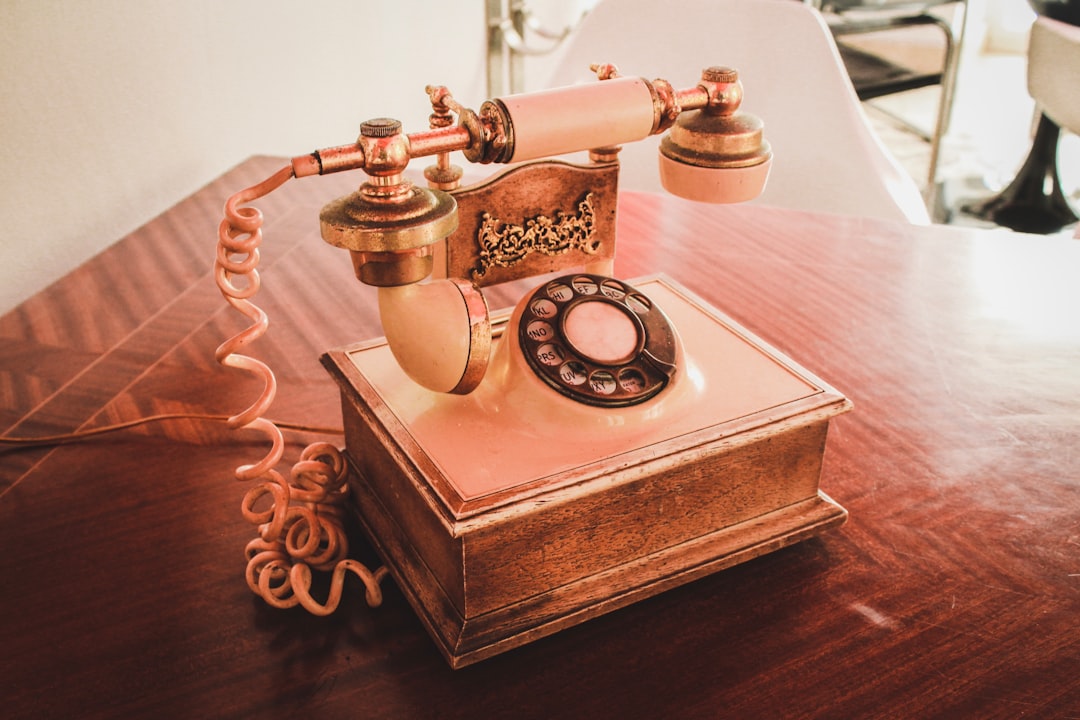Area codes reveal scam patterns, with Philadelphia's 215 area code facing heightened fraud risks due to its cultural status. Spam call lawyers in the city combat scammers masquerading as locals. Area codes aid legal professionals and law enforcement in identifying spam calls, advocating for stricter laws against deceptive practices. Protecting oneself from scams involves caution, avoiding unknown numbers, and utilizing call-blocking tools like the National Do Not Call Registry.
“Unraveling the mysteries of area codes is a powerful tool in identifying and combating phone scams. This article explores how these geographical indicators can reveal patterns in spam calls, focusing on Philadelphia’s unique position as a hub for such activities. We delve into the legal aspects of call identification, providing insights from Philadelphia-based spam call lawyers. Additionally, learn practical steps to protect yourself from these deceptive practices and stay ahead in the ongoing battle against phone scams.”
Area Codes: Uncovering Scam Patterns

Area codes, seemingly simple numerical sequences, hold surprising power in unraveling scam patterns. By analyzing geographic distribution and call volume, researchers can identify hotspots where fraudulent activities are more prevalent. For instance, certain area codes consistently feature higher rates of spam calls, indicating clusters of phone-based scams targeting specific regions. This insight empowers law enforcement and consumers alike to take proactive measures in Philadelphia and other urban centers known for such activity.
For those seeking legal recourse against these nuisance calls, Philadelphia’s presence on this map becomes crucial. Local attorneys specializing in spam call lawsuits can leverage area code data to build cases against scammers, aiming to stop the influx of unwanted and potentially harmful calls that plague residents daily. This strategic approach, combined with technological advancements, offers a glimmer of hope in the ongoing battle against sophisticated phone scams.
Philadelphia's Role in Spam Calls

Philadelphia, known for its rich history and vibrant culture, has also become a hub for unauthorized phone calls, particularly spam calls. These nuisance calls have led to a rise in concerns among residents and business owners alike. The city’s area code, 215, has inadvertently contributed to this issue, making it easier for scammers to target local numbers.
Spam call lawyers in Philadelphia are increasingly seeing cases where fraudulent entities use these area codes to mask their identities. By appearing as local calls, scammers attempt to bypass filters and gain the trust of recipients. This tactic exploits the sense of community and familiarity that residents have with their area code, making it a significant challenge for both consumers and legal professionals to combat these deceptive practices effectively.
Legal Perspective on Call Identification

In many jurisdictions, including the United States, there’s a legal perspective on call identification that’s crucial for scam detection. Phone numbers used in spam calls or other fraudulent activities are often easily identifiable through area codes. Spam call lawyers in Philadelphia and elsewhere have been instrumental in upholding laws designed to protect consumers from these deceptive practices. These legal professionals not only help enforce existing regulations but also advocate for stricter measures to combat the ever-evolving tactics of scammers.
The role of area codes in identifying spam calls is significant. Specific geographic locations can provide valuable insights into the nature of a caller, especially when combined with other data points like call patterns and frequency. By understanding the legal framework surrounding call identification, both law enforcement agencies and individuals can better navigate and respond to potential scams, thereby enhancing overall public safety and security.
Protecting Yourself from Phone Scams

Protecting yourself from phone scams is an essential aspect of navigating today’s digital landscape. One effective strategy is to remain vigilant about unfamiliar numbers and avoid providing personal information over the phone unless you initiate the call and are certain of the recipient’s identity. It’s crucial to be wary of sudden calls claiming to be from official organizations, demanding immediate action, or offering something too good to be true—these are common tactics used by scammers.
In Philadelphia, where spam call lawyers are increasingly in demand, residents can take proactive measures like registering on the National Do Not Call Registry and using call-blocking apps. Additionally, staying informed about current scam trends and sharing awareness with friends and family can significantly reduce the risk of falling victim to these fraudulent schemes.






